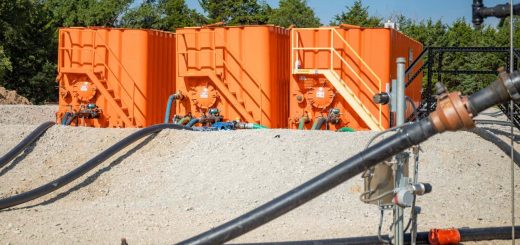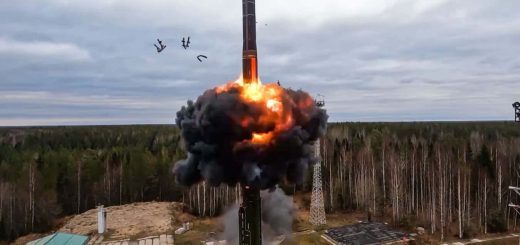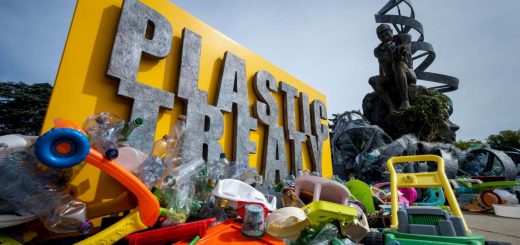Ancient bronze hand may offer clue to the origins of Basque language
Archaeologists say a mysterious language inscribed on a 2000-year-old metal hand may be related to Basque, but linguists aren’t convinced
By Michael Marshall
20 February 2024
An ancient bronze hand found at Irulegi in northern Spain
Juantxo Egana
Inscriptions found on a 2000-year-old metal hand may be written in a language related to modern-day Basque. If this interpretation is correct, it could help explain the origins of the Basque language – one of the biggest mysteries in linguistics.
Read more
How the secrets of ancient cuneiform texts are being revealed by AI
However, other linguists say there isn’t enough evidence to link the inscriptions with Basque.
Advertisement
The bronze hand was found in July 2021 on a hilltop called Irulegi in the Pyrenees in northern Spain. Archaeologists had been digging there since 2007, first to uncover a medieval castle and then to explore a much older settlement from the Iron Age.
That settlement was founded between 1500 and 1000 BC. It came under attack, possibly by the Romans, and was abandoned in the first century BC.
The Irulegi hand is a sheet of bronze 14 centimetres long, 12.8 cm wide and just 0.1 cm thick, with a greenish patina. On the back of the hand are four lines of text, which were first scratched in and then re-written by punching dots into the metal.


